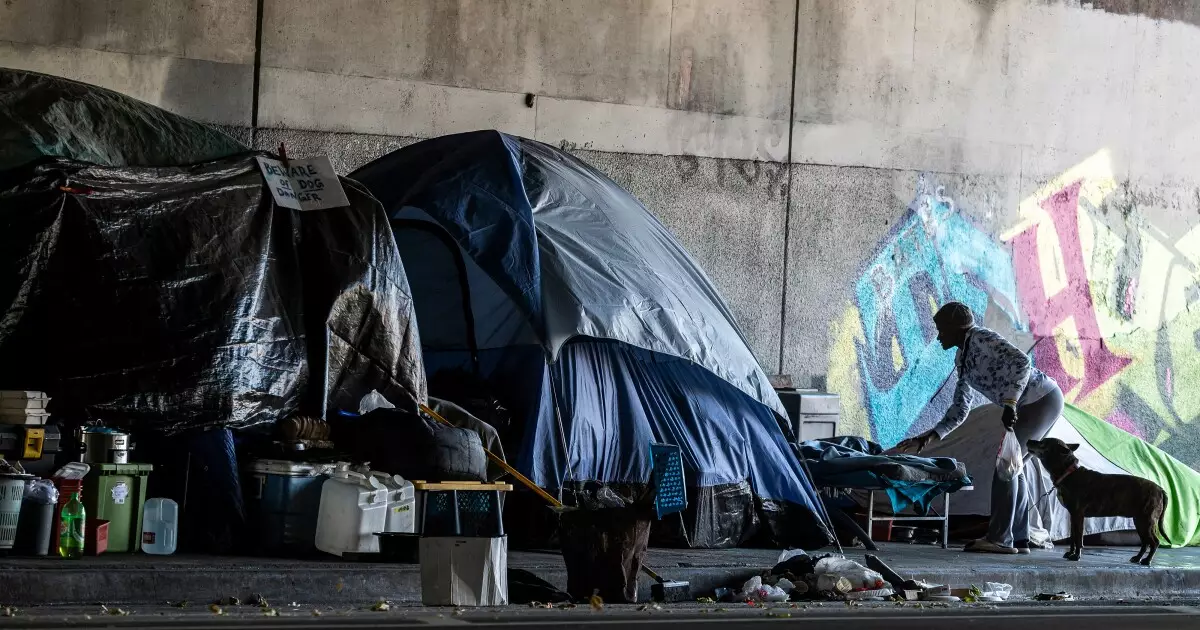The League of California Cities is set to host a webinar to assist potential applicants in accessing the $3.3 billion in funds accelerated by the governor from a bond measure ratified by voters in March. This funding, to be released in August, marks the initial portion of the $6.4 billion Proposition 1 bond measure. Despite no bonds having been issued yet to support the program, the first finance committee for the bonds is scheduled to convene on Aug. 21. Cities and counties have a window from Aug. 9 to Dec. 13 to apply for the funds.
To help cities navigate the application process, an hour-long webinar has been organized for Tuesday, Aug. 6, at 2 p.m. Caroline Grinder, Cal Cities’ legislative representative, will facilitate the webinar, with insights from Kim McCoy Wade, senior advisor on aging, disability, and Alzheimer’s in the governor’s office, and Molly Wiltshire, the governor’s director of external affairs. The bond measure aims to aid cities, counties, tribes, and developers in constructing or refurbishing treatment centers, clinics, and supportive housing for homeless individuals battling severe mental illnesses or substance abuse issues. Governor Gavin Newsom championed the initiative, which is projected to yield 4,350 housing units.
Under this program, counties are required to allocate two-thirds of the Mental Health Services Act funding, approximately $1 billion yearly, towards housing for homeless individuals suffering from mental illnesses or substance abuse challenges. Passed in 2004, the Mental Health Services Act involves a 1% income tax on personal income exceeding $1 million per year to sustain mental health services. While the proposition does not modify the tax itself, it redirects a portion of the funds and reforms mental health service delivery. Some counties expressed reservations about diverting funds from existing programs to support this endeavor.
Governor Newsom has faced pushback on other initiatives aimed at swiftly addressing homelessness in the state. His executive order encouraging local governments to leverage the U.S. Supreme Court’s Grant Pass decision to clear homeless encampments faced criticism from homeless advocates and several city leaders who emphasized the importance of prioritizing housing over criminalizing homelessness. Additionally, the governor urged counties to accelerate efforts in implementing changes to the state’s conservatorship laws, a move facilitated by Senate Bill 43 passed last year to enhance the state’s behavioral health care system.
Despite the availability of resources, Newsom expressed disappointment at the slow uptake of the conservatorship law changes by counties, with only a few, including San Francisco and San Luis Obispo, taking advantage of the legislation. San Diego Mayor Todd Gloria highlighted the urgency of addressing mental health challenges among unsheltered residents, emphasizing the critical need for immediate action to save lives. The delays in implementing such crucial reforms underscore the pressing nature of addressing homelessness and mental health issues in California.
The Proposition 1 bond measure presents a significant opportunity for California cities and counties to address homelessness and mental health challenges in the state. Through strategic allocation of funds and streamlined implementation of supportive housing programs, communities can make substantial progress in providing essential services to vulnerable populations. However, concerted efforts are needed to overcome challenges and ensure the effective utilization of resources to drive impactful change in addressing homelessness and mental health issues across California.

